Changing the Conversation Around Childhood Trauma and Abuse Survivors
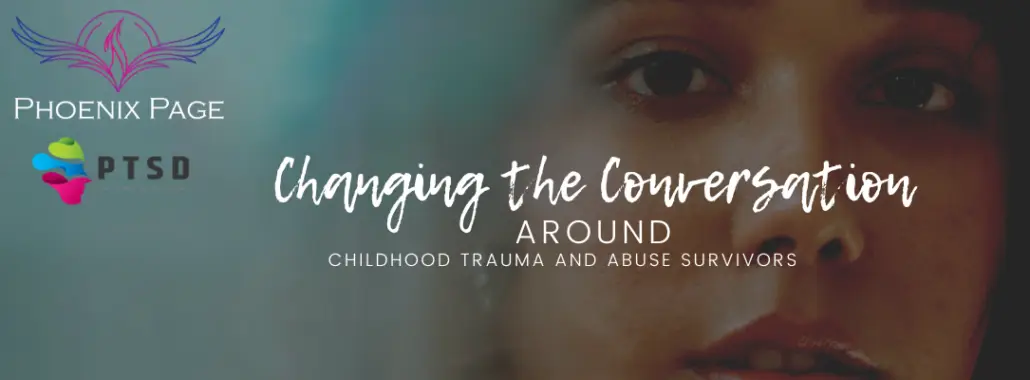
Survivors of childhood trauma and abuse often face dismissive and victim-blaming attitudes. Phrases like “stop focusing on the past,” “get over it,” and “you’re just making yourself the victim” are not only hurtful but also harmful. They undermine the survivor’s experience and further perpetuate their pain. These responses are especially damaging as they shift the blame onto the survivor and dismiss the severity of their trauma.
Words Matter, Actions Matter More
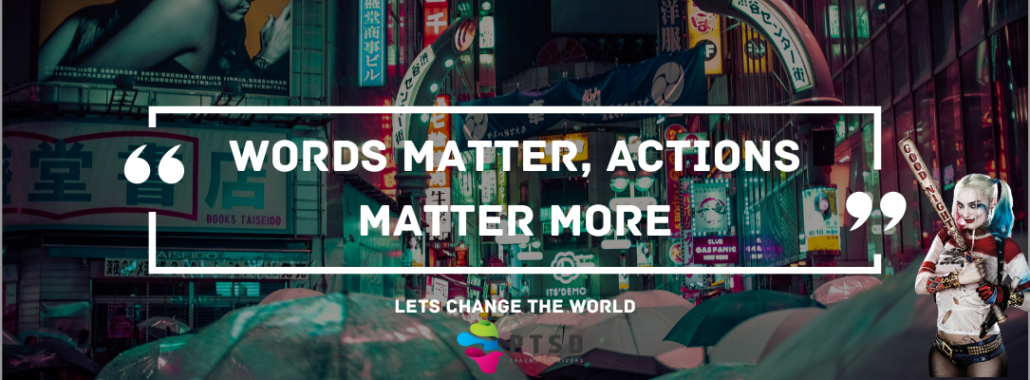
Living with the aftermath of childhood trauma and abuse is an uphill battle. Every day is a struggle, and it’s often made harder by well-meaning but ultimately useless platitudes like “Hang in there.” These words, meant to comfort, can sometimes feel dismissive and disheartening. For those who love us and want to help, understanding how to use language more effectively can be a powerful tool.
Mental Illness Stigma Needs To Stop
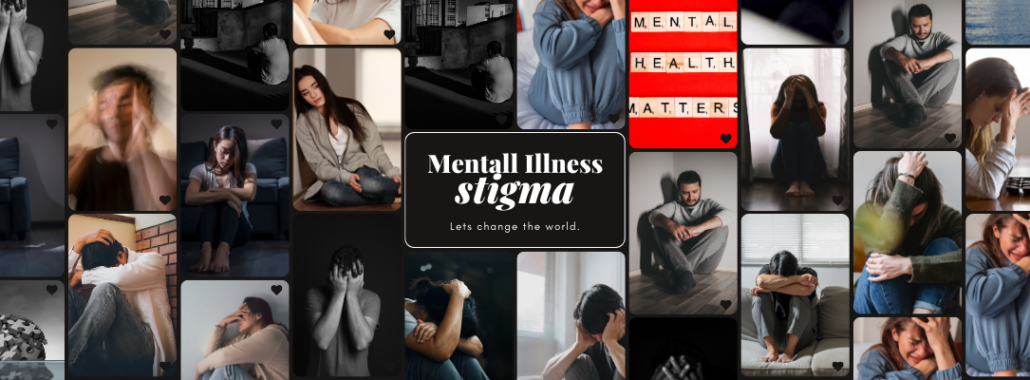
Mental illness is an uninvited guest that lingers in the shadows of many lives, often invisible to the untrained eye. As someone who has navigated the murky waters of mental health, stemming from 13 years of childhood displacement, trauma, and abuse, I know all too well the importance of being seen and accepted. Yet, our […]
Unmasking the “Stop Playing the Victim” Gaslighting Tactic
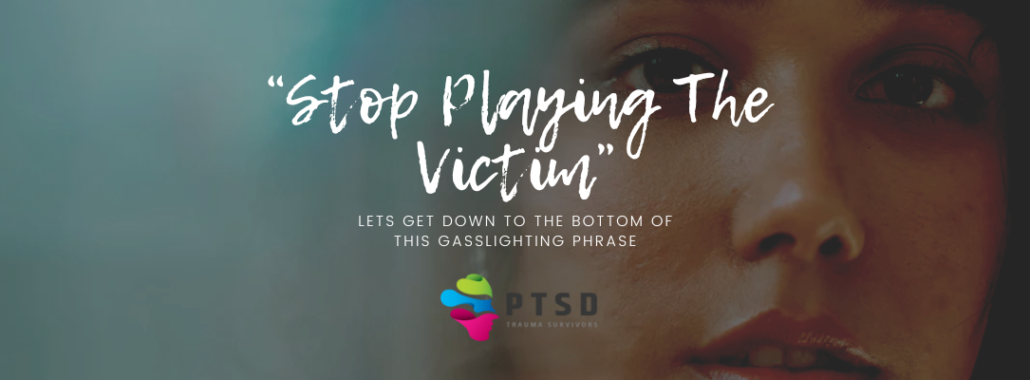
The phrase “stop playing the victim” is often wielded as a tool of gaslighting against survivors of trauma. Those who use it frequently have little understanding of how trauma works and harbor misguided notions about the healing process. It’s a pernicious statement that invalidates the survivor’s experience and perpetuates a cycle of abuse and violence, often under the guise of ‘tough love’ or misguided authority.
Understanding Victim Shaming: A Guide for Adult Survivors of Childhood Abuse
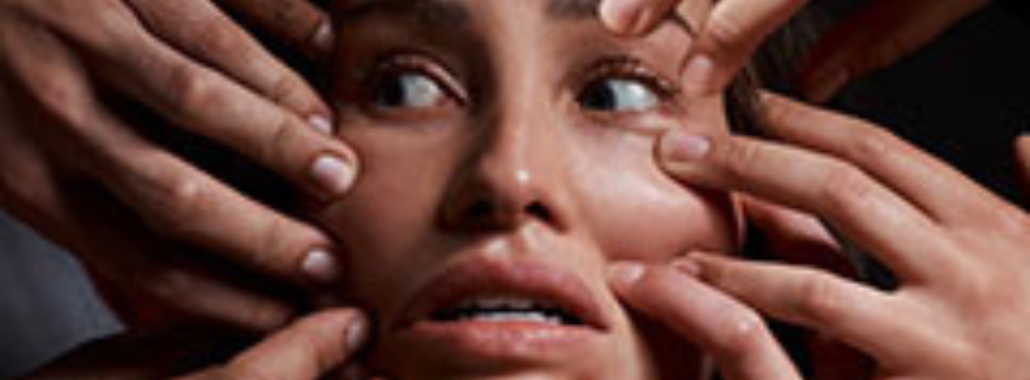
As a survivor of childhood abuse, it can be hard to come to terms with the trauma that you’ve experienced. It can be even harder when those around you don’t understand the complexity of what you’ve been through. Victim shaming is an all too common occurrence that adult survivors of childhood abuse can experience, leading to feelings of shame, guilt, and even self-blame. In this blog post, we will explore victim shaming and how it affects survivors of childhood abuse. We’ll also provide you with a guide to understand and manage victim shaming that can help you on the road to recovery.
Harley Quinn: Stockholm Syndrome and Mental Illness

Stockholm Syndrome refers to a perplexing psychological condition wherein a captive develops feelings of affection or empathy towards their captor. Although controversial within the mental health field due to ethical concerns, it is crucial to shed light on the majority-agreed symptoms.
READER SUBMISSION POST !!Trigger Warning !!
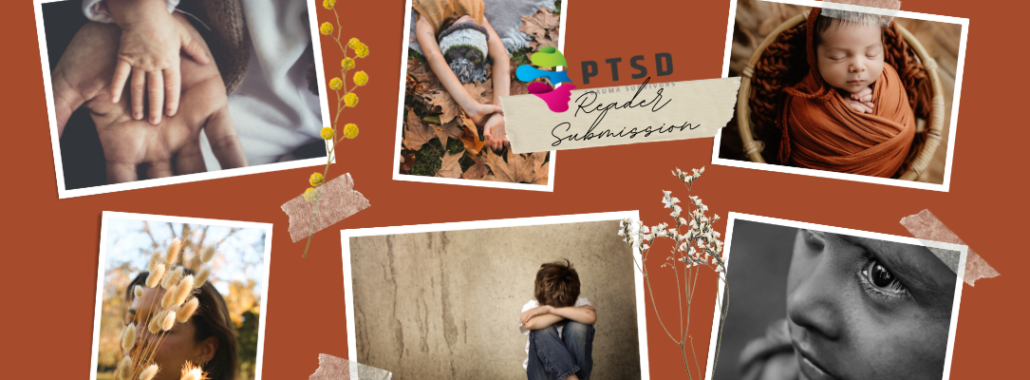
C-PTSD Trauma Survivor From the age of 5, up to my 18th birthday, I don’t remember a day where my life wasn’t pure hell. I had abusive parents, an older brother who hated me, and encouraged our younger brother to hate me as well…and a grandfather who molested me.
Yeah. That’s why older brother hated me. He claimed I had lied about the whole thing. And so did many others.
What are Gaslighters?
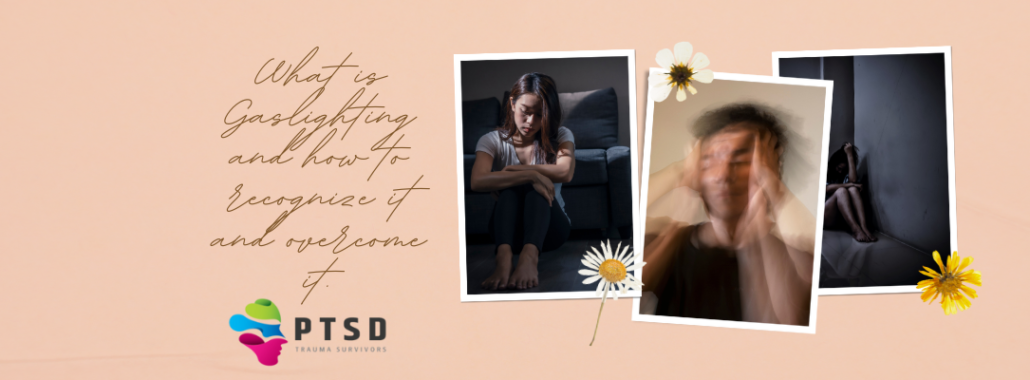
Gaslighting is a term to describe people who try to manipulate others by psychological methods. Essentially they use this to make the other person question their own reality, their own sanity and their own way of looking at things, especially themselves.
